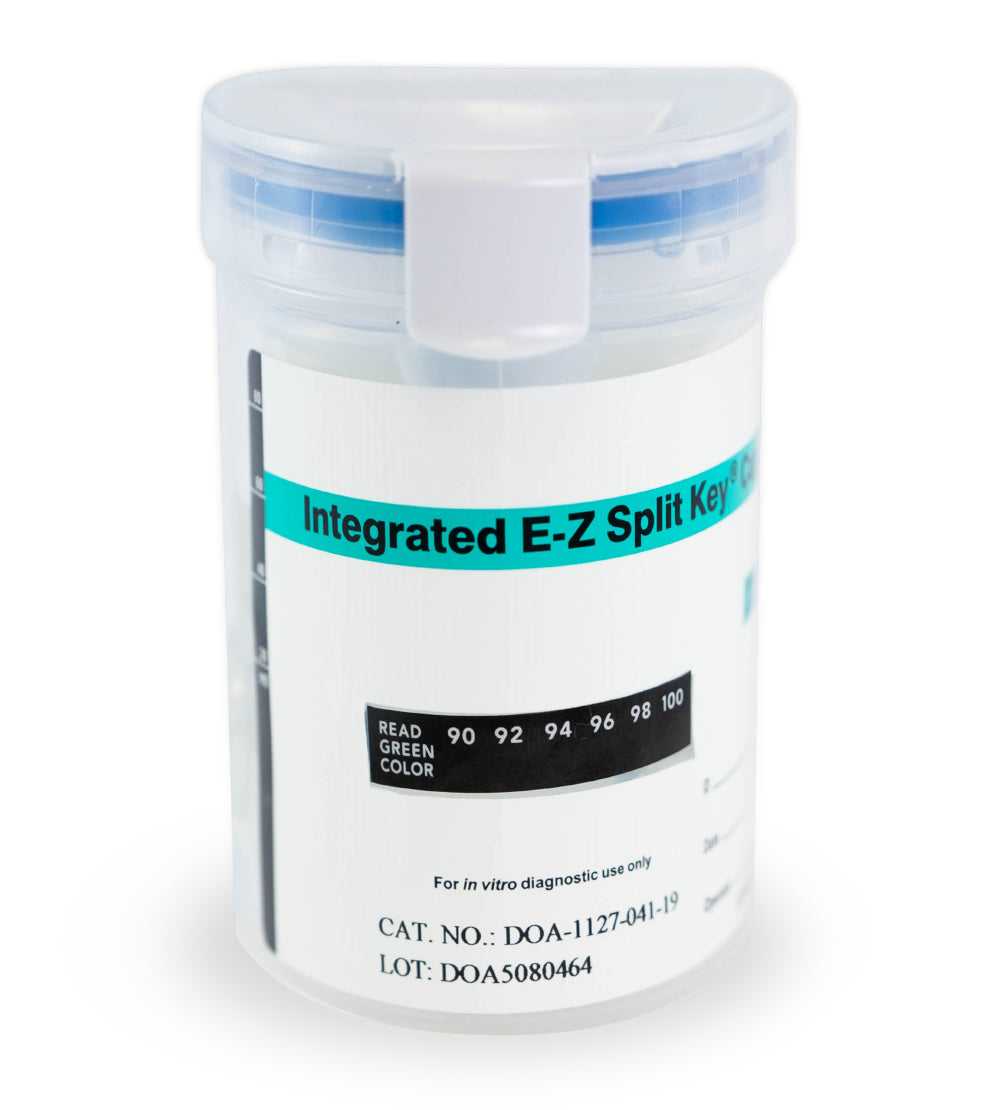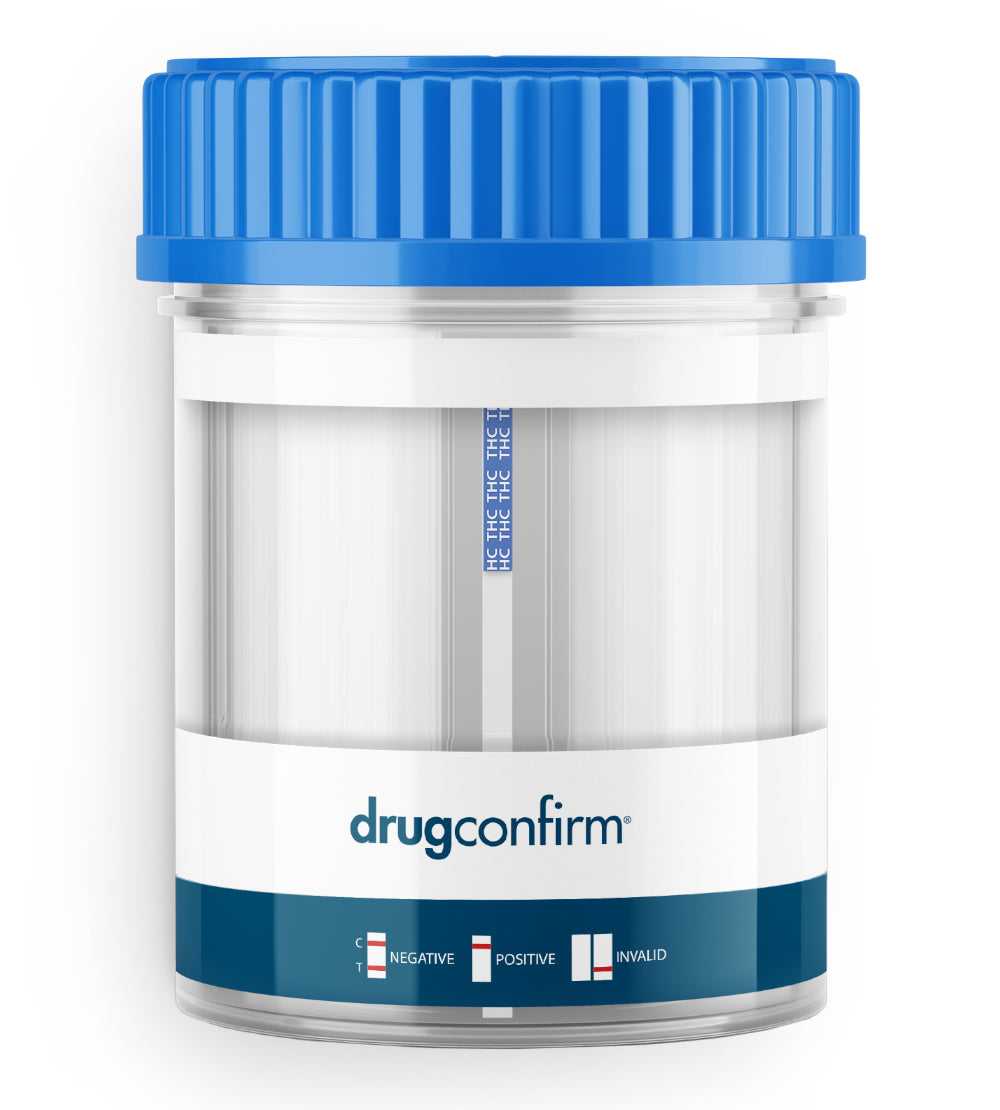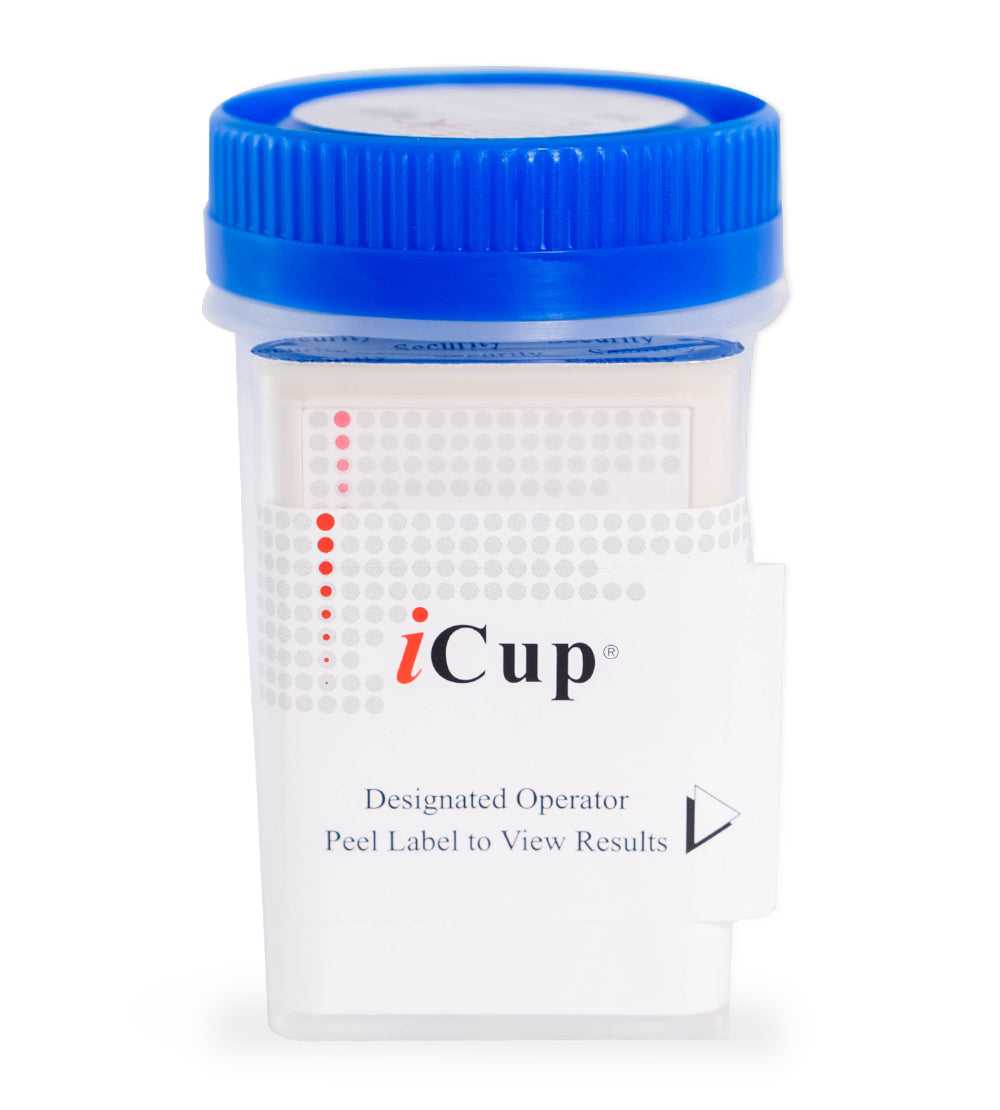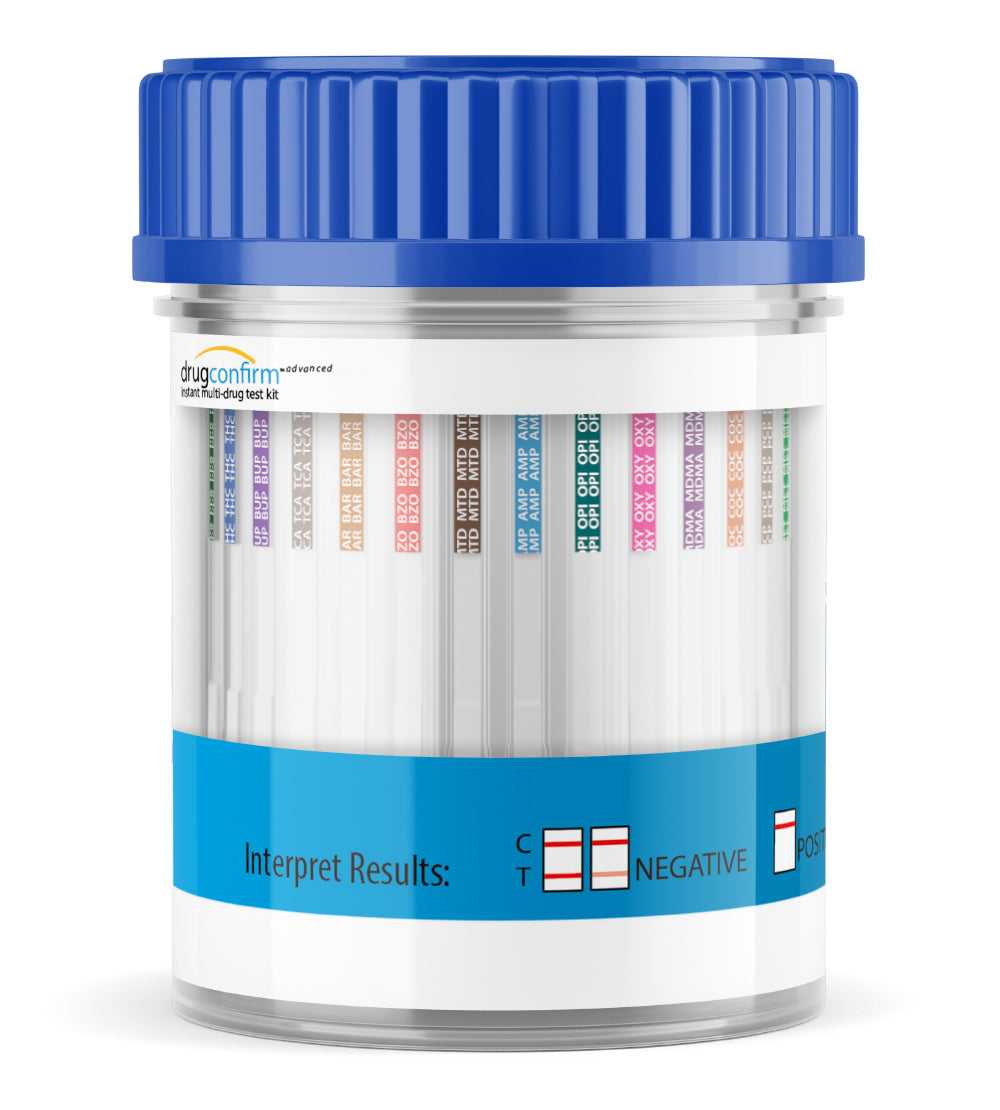Workplace Drug Testing Policy
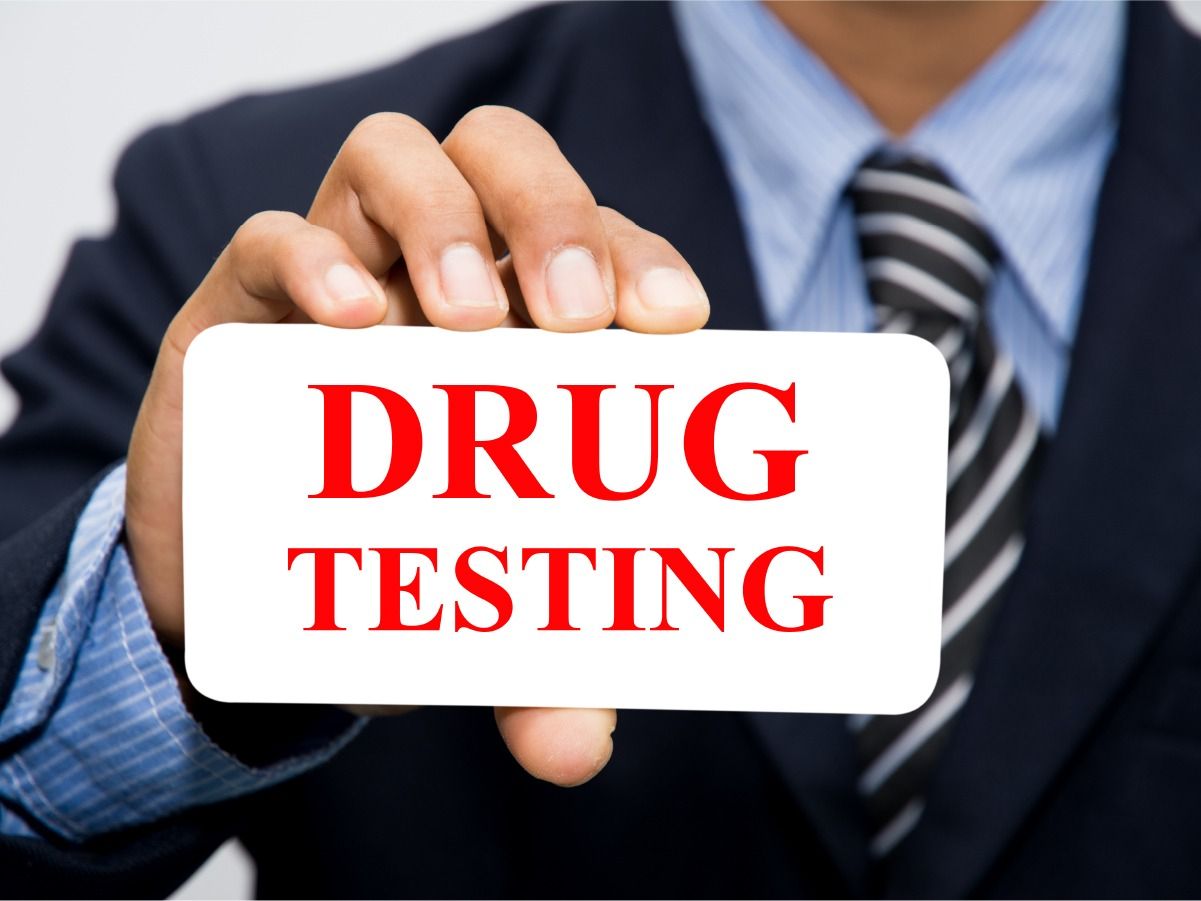
Based on the stipulations of the Drug-Free Workplace Act of 1988, not all employers are mandated to conduct drug testing in the workplace. The conditions of the Drug-Free Workplace Act of 1988 mandates federal contractors and all grantees to provide drug-free workplaces in order to receive a grant or contract from any federal agency. The said Act also requires heavily regulated industries such as military contracting, nuclear energy, and transportation that all its employees undergo drug testing.
Most U.S. states and local government units require drug testing for their employees. There are some employers who are only entitled to ask their employees to consent to drug and alcohol tests if this condition is specified in their appointment and in the company’s workplace drug policies. In this connection, a workplace drug testing policy should be in place.
Basic Workplace Drug Testing Policy
Employers and employees are mandated by law to ensure that the workplace is safe and secure. It is the responsibility of an employer to protect employees from risks, including dangerous behavior of employees due to alcohol or drug use. One of the duties of employees is to take care not only of their own safety but of others as well. They must conform with practical procedure and policy relating to safety, health, and drug and alcohol use in the workplace.
A good basic workplace drug testing policy should focus on the importance of safety in the workplace, compliance to work requirements and quality of work, as well as improving productivity and safety in the workplace. The following points should be addressed:
- Who are the employees to be covered by the policy?
- What actions qualify as violations?
- What are the corresponding disciplinary actions for violations?
- Will the employer agree to rehabilitation?
Enrolling employees who tested positive in a rehabilitation program is optional as it is no longer mandated by law. The company’s drug and alcohol policy should be given in writing to all employees, with each employee signing an acknowledgement receipt. It is the usual policy of most companies to include workplace drug testing policy as part of the general policy manual. A better practice is to have a separate drug search and testing policy for employees to sign upon being hired.
Drug Testing Job Applicants
Generally, state laws allow employers to test job applicants for illicit drugs. There are state rules regarding notices and procedures for drug testing to avoid adulterated samples and possible discrimination. There are states that allow drug testing of applicants if:
- The drug testing is part of the screening process for new job applicants
- The applicant is practically hired but needs to pass a drug test before contract signing
- All job applicants for the specified work are tested
- A state-certified laboratory conducted the tests
Drug Screening For Current Employees
Some U.S. states have laws that prohibit random drug testing for all employees. Although not a common form of drug testing, random drug testing is a deterrent for employees to not use drugs. A reasonable suspicion drug test should be focused on a particular employee because he or she is handling a safety-sensitive job, or he or she is suspected of being a drug user.
In general, most states allow companies to test employees right after a reported accident that could have been due to drug use or an incident due to an employee who seems to be under the influence. Post accident drug testing following an accident in the workplace has become a standard drug testing procedure in the workplace. An employee who tested positive for illicit drugs immediately after an accident can be fired from work and barred from receiving any compensation.
Union or Labor Force
Caution mush be observed when conducting drug testing in the workplace as some employees are well-protected by the union. The best approach in drafting a workplace drug testing policy for a company is to have a union representative and a legal aide sit down and formulate the policy.
The Department of Transportation’s Office of Drug & Alcohol Policy & Compliance is the arm that directs the implementation of drug and alcohol testing on safety-sensitive transportation industry manpower.
